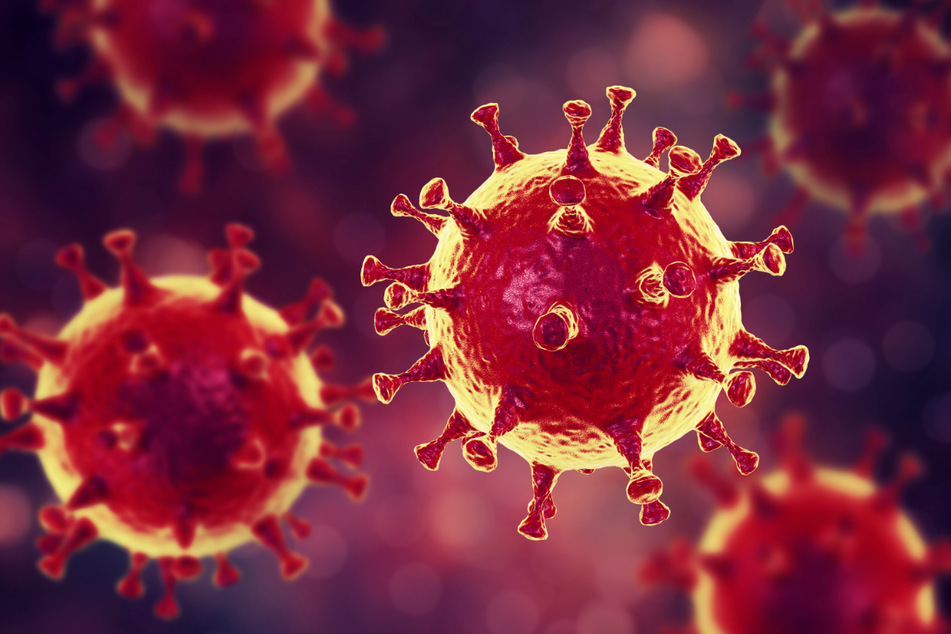New research on California Covid variant raises concerns, but experts urge calm
San Francisco, California - Amid fears of new mutations in an unfolding pandemic, a unique variant of the coronavirus is now spreading in California too. As researchers have accumulated alarming data about the mutation, experts caution, however, to take the study results with a grain of salt.

After three previous mutants from the UK, South Africa and Brazil have raised concerns, another variant is currently wreaking havoc in California and other states, as has been reported by various outlets.
Not much is known about the new mutation, but a pre-print study by researchers at the University of California, San Francisco (UCSF) suggests that the strain is more transmissible, more fatal, and potentially resistant to antibodies.
The mutation referred to as B.1.427 or B.1.429, as there are two slightly differing forms, each have a mutated spike protein that increases infectiousness, the researchers have found, as reported by Science Magazine.
Data shows that the strain has been detected in at least 19 countries, including in Mexico, Australia, India, and parts of Europe. 56 US states currently report infections with the mutation.
Meanwhile, some experts are raising doubts about the accuracy of the findings.
Experts take issue with the pre-print study

Some are taking issue with the fact that a pre-print study, meaning it has not yet been peer-reviewed, has been forwarded to the news media.
"Why are academic groups forwarding 'preprints' that are not posted directly to the media without the biomedical community having a chance to review?" tweeted Eric Topol, a cardiologist and scientist, adding that he found such a trend "concerning."
According to Science Mag, other scientists warn that the UCSF researchers ought to collect more data before they can come to any real conclusions. Among patients with the variant, the study reportedly included fewer than 10 who were treated at the ICU and fewer than 10 who died.
"If I were a reviewer, I would want to see more data from more infected people to substantiate this very provocative claim," said David O'Connor, a viral sequencing expert at the University of Wisconsin, Madison, who was not involved with the research.
Other studies suggest that B.1.427 and B.1.429 were likely already around last summer, and there is reason to believe that the variants only took off when cases exploded, not that it actually drove the surge in cases, according to Harvard epidemiologist William Hanage.
"The work is definitely worth reporting, but I don’t buy that on its own this is sufficient to categorize these as variants of concern," Hanage said.
The authors of the study themselves admit it quite impossible to tell whether the variants actually make people sicker or whether most of the patients with the variant got sick during the worst months of the pandemic last year, when the circumstances were less than ideal.
Another sigh of relief: an independent pre-print study found that the vaccines will most likely be effective against the new strains as well.
Cover photo: Collage: jakobradlgruber, Kateryna Kon/123RF